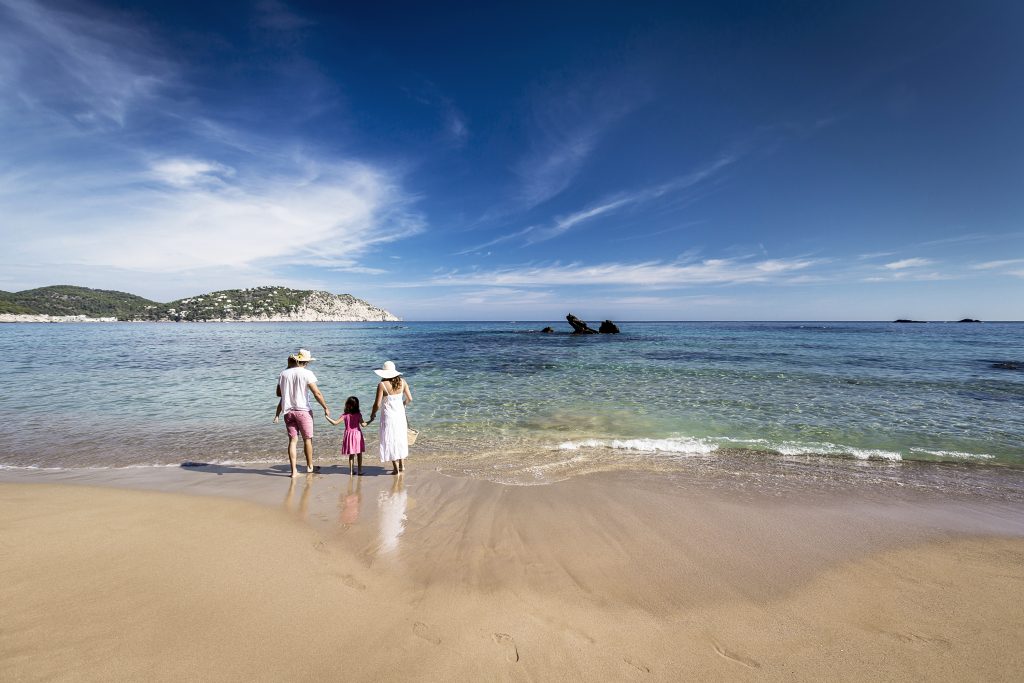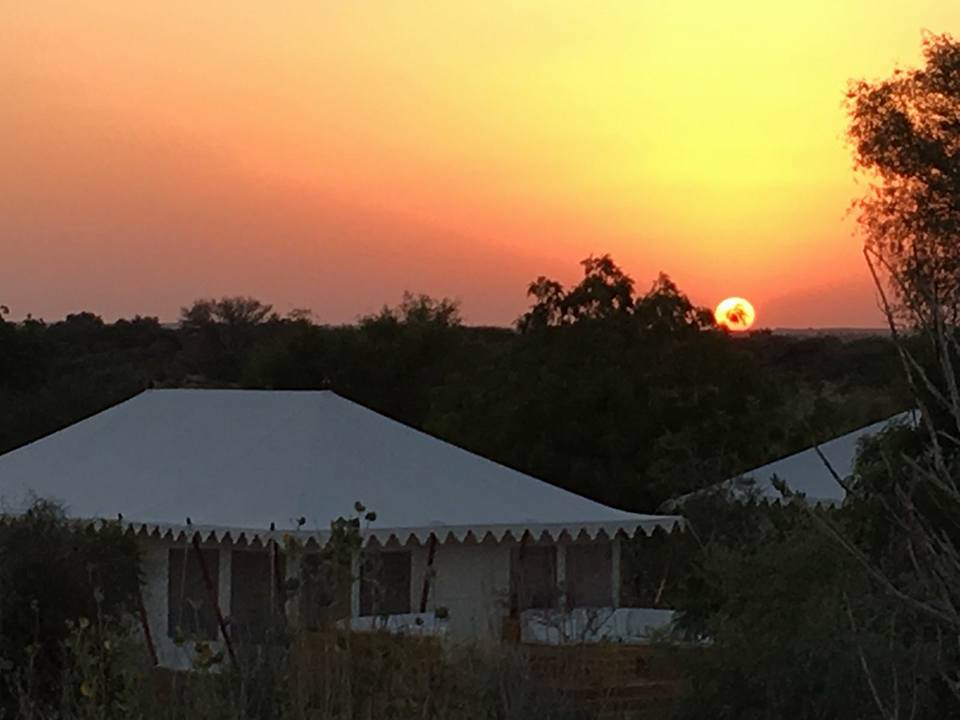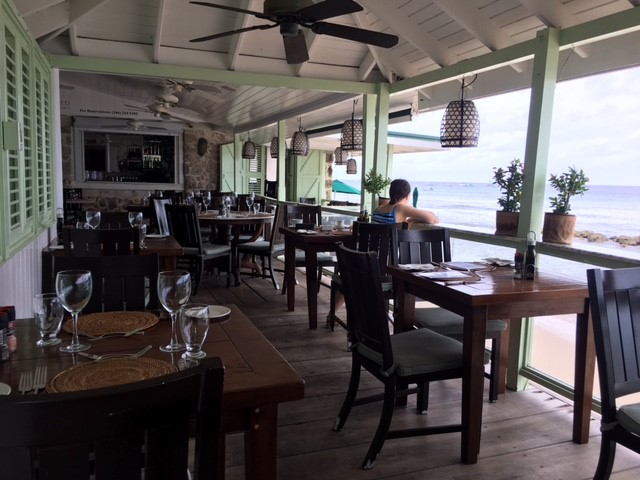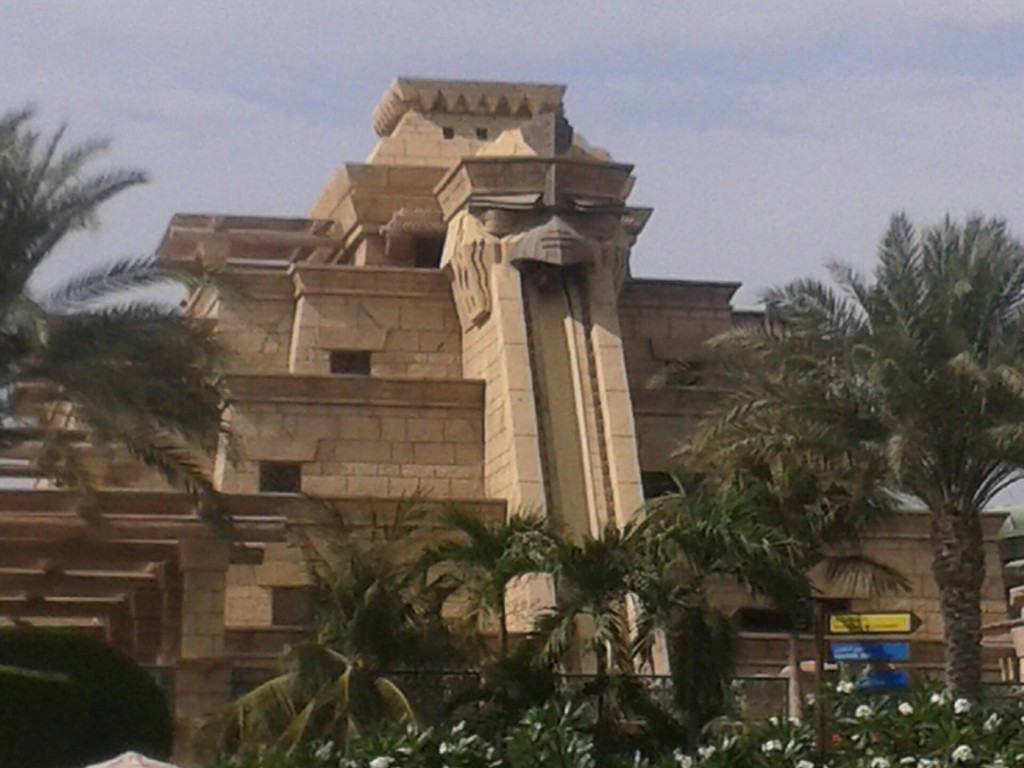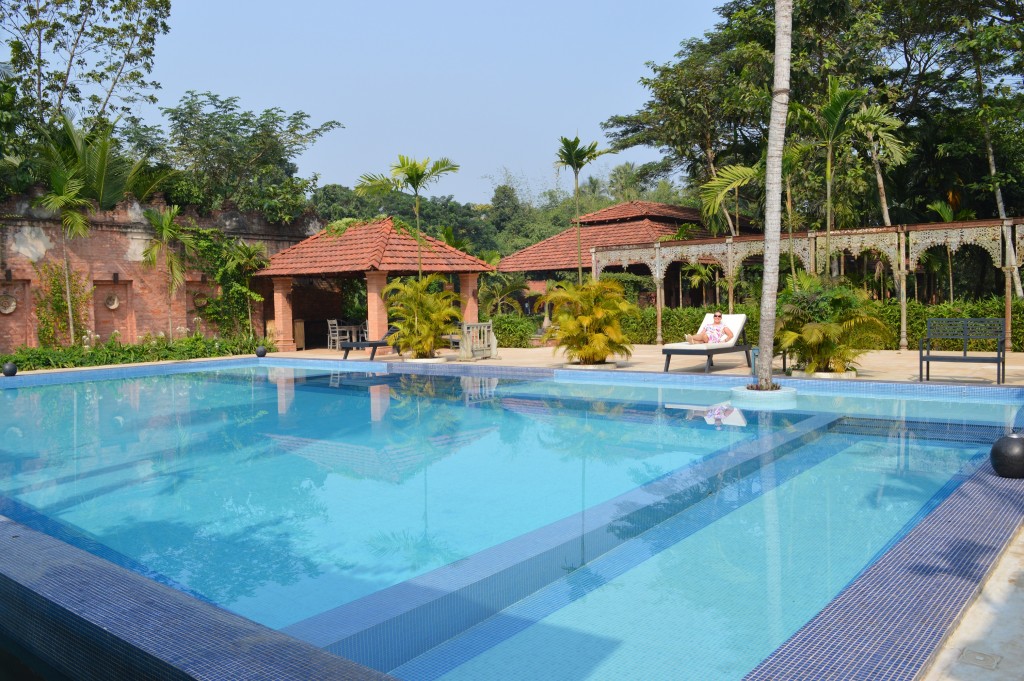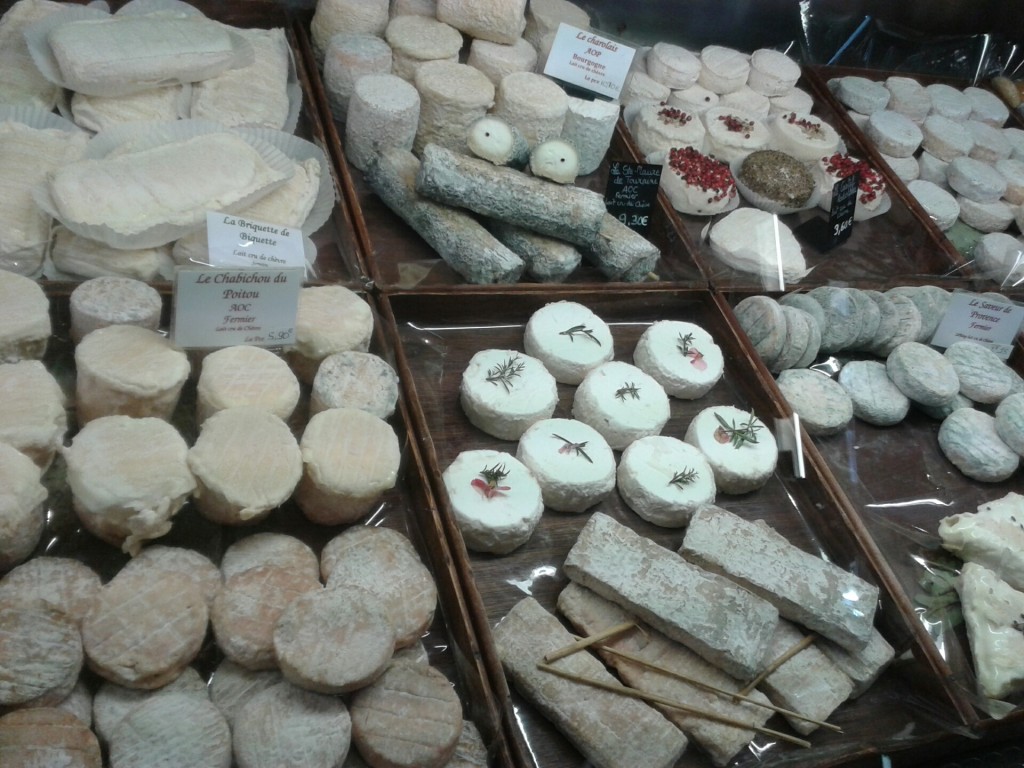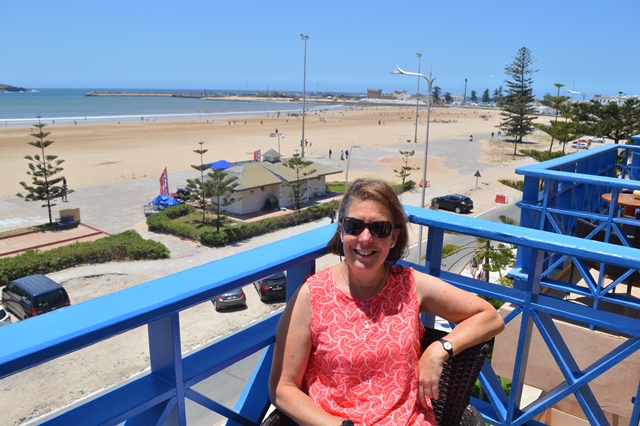Santa Eularia des Riu is one of Ibiza's five municipalities and is the second largest region in Ibiza. Located on the Eastern shore, it also includes an impressive stretch of coastline with more than 20 beaches as well as rural farmland. It's a corner of the island far removed from the clubs of San Antonio opting for a brand of tourism that is respectful to the environment while honouring local roots and traditions. All elements close to our hearts here at Travel Matters. The area also focuses on family holidays and it was this aspect of the region that I set out to find out more about over the first Bank Holiday weekend.
Santa Eularia des Riu is the first municipality in the Balearic Islands to implement a family tourism seal guaranteeing that hotels, restaurants and attractions fulfil the needs and specific requirements for families. Hotels with the seal have a long list of requirements to fulfil, too many to name them all but they include providing children's entertainment, child-proof wall sockets in rooms and common areas, children's menus in dining rooms and buffets, cots, baby baths, doors that do not catch little fingers. Every thought has been given to a child's safety, well being and enjoyment and if your child is protected and content, then there’s every chance you are going to be as well! This new initiative focusing on the family market is known as 'Family Moments'.
Most families will be visiting the region for the 46 km of sun-soaked pristine beaches with crystal-clear waters thanks to the sea grass growing on the coastal bed. The gently shelving water is a plus and I loved the fact that the Santa Eularia beach is the first non-smoking beach in the Balearic Islands. No danger of your toddler digging up cigarette butts when making sandcastles here. Santa Eularia also has some of the best gelato parlors I've come across outside of Italy.
The beach of Cala Llonga (my personal favourite) has been certified with the Universal Accessibility IS 17001. Basically this means that the beach is fully accessible for people with mobility issues, from the parking area to the sea including a service of assisted bathing with amphibious wheelchairs and crutches. We're keen here at Travel Matters to promote multi-generational holidays and Cala Llonga would be a good resort to visit, if travelling with a grand-parent with mobility issues.
I was based for my stay in Santa Eularia itself at two contrasting hotels who have signed their commitment to the 'Family Moments'programme. The first Hotel Riomar is located just metres from the beach, with magnificent sea views and is a good starting point for the 3.1 km 'River Route' taking in highlights of the town's cultural, historical and natural attractions. On the other side of the bay, Aguas de Ibiza is a luxury design hotel with a free spa, outdoor pool and rooftop bar with views of the marina and the island of Formentera. This 5 star, all white, contemporary hotel, although fulfilling the family seal requirements would also make an excellent choice for an adult only mini break.
However, the big hitter, the grand dame so to speak of family focused hotels in the region is the Invisa Figueral Resort including Invisa Hotel Club Cala Verde and Invisa Hotel Club Cala Blanca www.invisahoteles.com. Located 10 km from Santa Eularia on Es Figueral beach, one of the finest on the island and with a good range of nautical activities - the likes of paddle surfs, canoes and pedalos. The hotel has some excellent family rooms, a water park that looked enormous fun for both adults and children and even the children's buffet had me drooling.
Santa Eularia des Riu was the cradle of the hippie movement on the island. If you have teens in tow then a trip to the hippy market every Saturday at Las Dalias in San Carlos is an absolute must. There are no shortage of stalls selling the sort of festival gear, peasant blouses and flower braids that are currently enormously popular and a fraction of the price you'll find at one of our local chichi boutiques or at this summer's festivals. I went crazy for the jewellery, stocking up my present draw for years to come. The biggest market though is the Punta Arabi Hippy Market on Wednesdays in Es Cana, but more touristy and the quality perhaps not quite as good. Toddlers on the other hand might enjoy a visit to Eco Finca Can Muson, www.ibizacanmuson.com also part of the Family Moments charter. This is a charming, simple rural farm where your little ones can feed the chickens and goats whilst you indulge in the delicious home-made cakes!
However, the undoubted highlight of my visit was the fact I was there for the May fiesta, the main celebration being the first Sunday in May. Next year on May 5th and a visit could easily be combined with the May bank holiday. There is folk dancing, a long procession of carts decked out in flowers and ribbons, people wearing traditional dress, flower shows, basically folklore fun for all the family. If there's something the Spanish do very well, then it's their fiestas. I tend to go to one a year (last year the Semana Santa celebrations in Madrid) and this was one of the most joyous and heart-warming I have ever attended.
In 1912, the painter Laurea Barrau remarked on Santa Eularia des Riu that, "Everything here is more beautiful than I could have imagined. A painter's entire life can be found here" This was my first visit to Ibiza and I too found the region not only very beautiful (the wild flowers were out in profusion) but welcoming, warm and above all particularly child friendly.
To find out more about the region visit http://visitsantaeulalia.com/en/
Petra visited Ibiza in May 2018.



